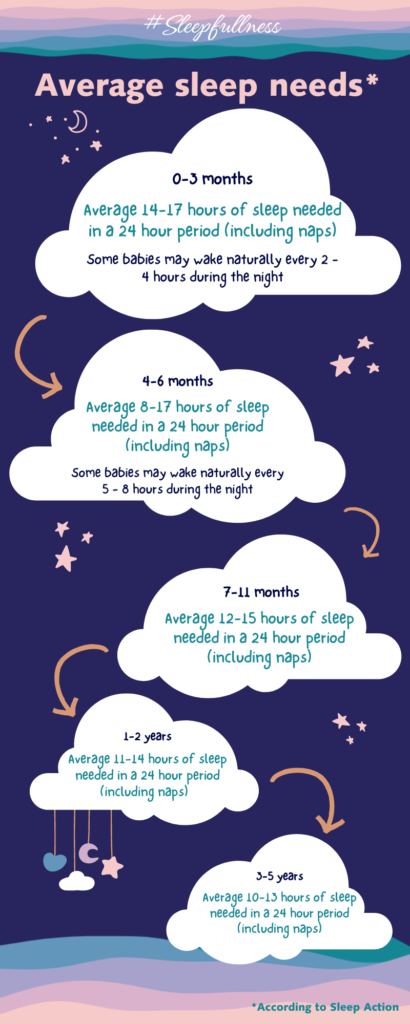Sleepfullness
The Solihull Approach to sleep addressing the most common infant and child sleep issues
Sleep is important for our physical and mental wellbeing, and we know that from birth, sleep is fundamental for healthy brain development.
While sleep is a natural instinct, it’s also a skill we have to develop: learning how to wind down and how much sleep we need. The Solihull Approach promotes connected relationships between parents and infants to help children learn and thrive as they grow.
When it comes to sleep, it’s helpful to think about your child’s development, their environment and how they feel about sleep, remembering that we are all different with different needs. Sleep is something we learn to do separately, on our own. It’s also really important to reflect on your own emotional health and relationship with sleep, as this can affect the way you support your children at night.
To help bring the Solihull Approach to life, we have created this film library to share some helpful advice on the most common sleep issues.
Five of the most common sleep issues addressed
My newborn won’t sleep in their crib at night
4-week-old Conall wakes in the night for regular feeding. Routines are yet to become a helpful parenting tool for his sleep. But what’s normal, and how can you start to establish healthy habits?
Watch for reflections from Health Visitor Paulene and Consultant Clinical Psychologist Rebecca.
My baby isn’t sleeping through the night
8-month-old George and 10-month-old Jessica wake regularly in the night. They are learning that sleep is a time for separation, gradually taking their cues from their environment and those around them. Health visitor Paulene and Consultant Clinical Psychologist Rebecca share some helpful advice to help you respond sensitively to the changes in your baby’s development and build the foundations for a healthy sleep pattern.
My toddler won’t stay in their bed
Sarah considers how to help her 2-year-old daughter Holly settle to sleep in her own bed. Health visitor Paulene and Consultant Clinical Psychologist Rebecca highlight the importance of understanding the world from your child’s point of view to help them settle at night.
My child wakes regularly in the night
Nayel (14 months) and James (3 years) regularly wake in the night for their parents.
Health Visitors Paulene and Kate and Consultant Clinical Psychologist Rebecca discuss separation anxiety and different ways of comforting at night.
My child is having nightmares and terrors
Hannah describes her son’s experiences of night terrors, waking her regularly at night.
Typically, nightmares and night terrors occur between 6 months and 6 years old. Understanding what they mean and how to reassure and settle your child can make a big difference for the whole family.
In focus case studies
The Solihull Approach sleep guides were produced with the help of families around the West Midlands who kindly shared their real and very recent sleep issues. Here, we put a spotlight on their experiences and some of the approaches they have tried.
Other resources
How breastfeeding and sleep connect by Elaine Kindred-Spalding, a Registered Midwife, Lactation Consultant and Infant Feeding Co-ordinator.
Further resources about breastfeeding and sleep you may find helpful to look at:
Online learning
Many of our online courses in emotional health and wellbeing for parents consider sleep within a broader approach to tuning into your child’s needs.
Useful resources
Explore the following resources for valuable information:
Click image to enlarge
